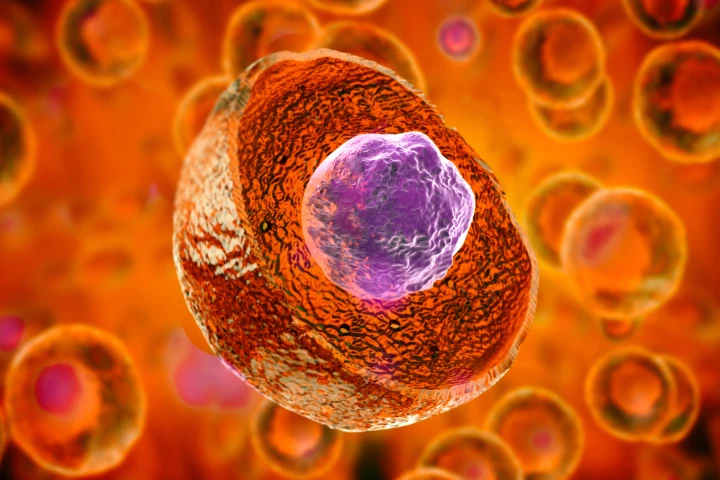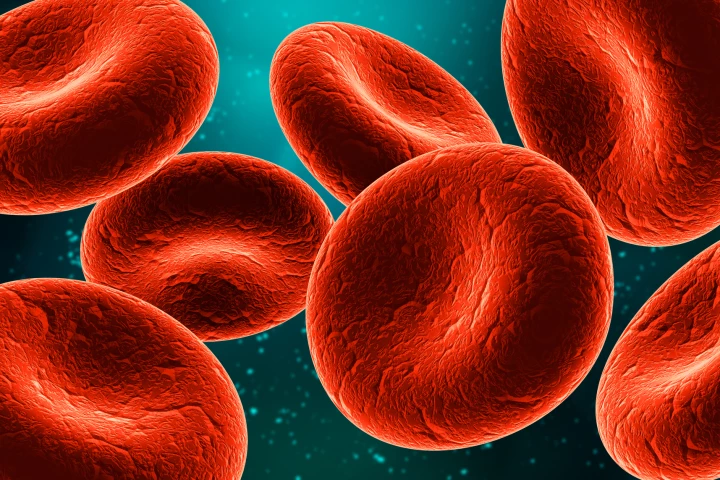UCSF
-
A new study has found that smoking marijuana and ingesting THC edibles over the long term can reduce blood vessel function at levels similar to those seen in cigarette smokers, posing a risk to heart health.
-
We’re encouraged to drink more water because ‘it’s good for us.’ Now, a new study has tested that claim, examining the evidence from previous studies to see whether increasing the amount of water you drink really does provide health benefits.
-
Researchers have created a way to guide and control the development of stem cells into specific tissues and organs, opening the door to developing a means of one day tackling complex diseases like diabetes and Parkinson’s disease.
-
Research has found that signals linked to how food tastes are sent to our brains almost immediately to slow our eating pace, with the well-known stretch signals from the gut coming later, providing greater insights into how the body controls appetite.
-
Two separate, recently published studies have demonstrated how combining brain sensors and AI to create a brain-computer interface (BCI) gave two women with the inability to speak a voice. It's hoped the tech will soon be able to assist more people.
-
After an athlete has suffered a concussion, it's important that they wait until the injury has healed before returning to the playing field. A new headset is designed to let them know when it's safe to do so, by monitoring their "headpulse."
-
In what sounds like sci-fi, transfusions of youthful blood can improve the health of older people. A new study has found that an existing arthritis drug can effectively rejuvenate blood stem cells, mimicking the benefits of young blood transfusions.
-
A rare genetic disease that renders children without a functioning immune system from birth has been effectively cured by an experimental gene therapy. A study has reported on the first 10 children treated with the therapy, all of whom are now healthy.
-
Researchers have created a synthetic “cellular glue” that bonds cells together to different degrees. The technique could speed up wound healing, even in tissues that don’t heal well naturally, and eventually allow scientists to build better organs.
-
A pair of new studies have revealed evidence corticosteroid injections can hasten progression of knee osteoarthritis. The research, yet to be peer-reviewed and published, indicates hyaluronic acid injections may be a better pain relief option.
-
Senescent cells are blamed for many effects of aging and as such, they’re targeted by a range of anti-aging therapies. But we might not want to wipe them all out, as a new study suggests that some senescent cells play positive roles in healing.
-
A new study has shed light on how an experimental drug can reverse some of the damage associated with traumatic brain injury. The findings lay the groundwork for a drug that could prevent the cognitive deficits that follow on from concussion.
Load More










